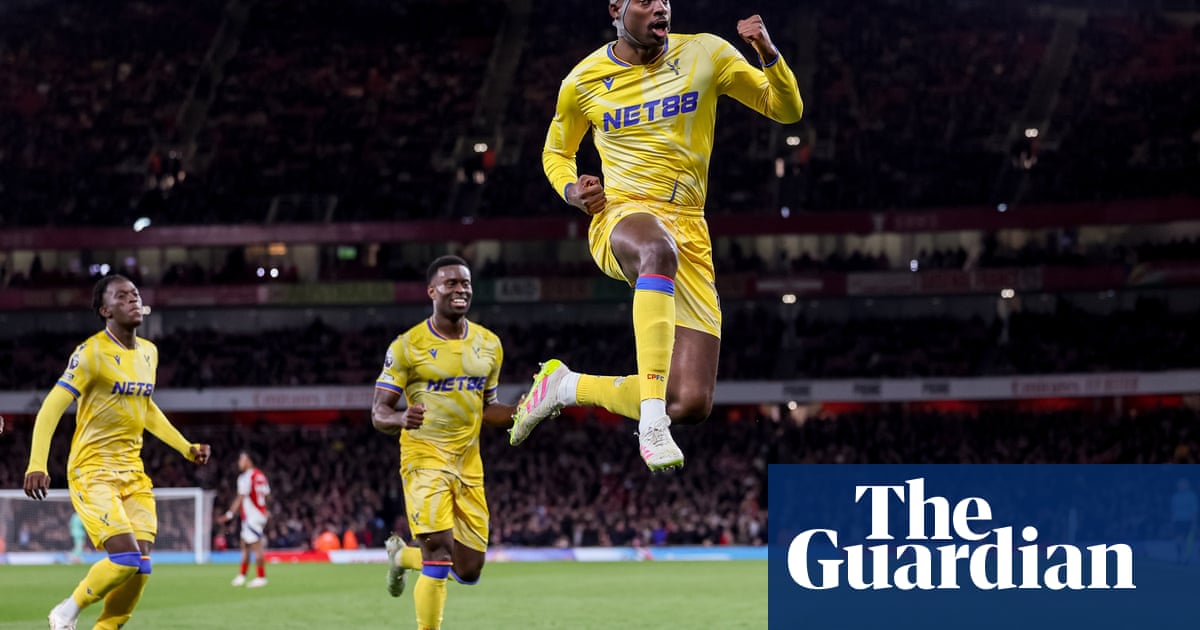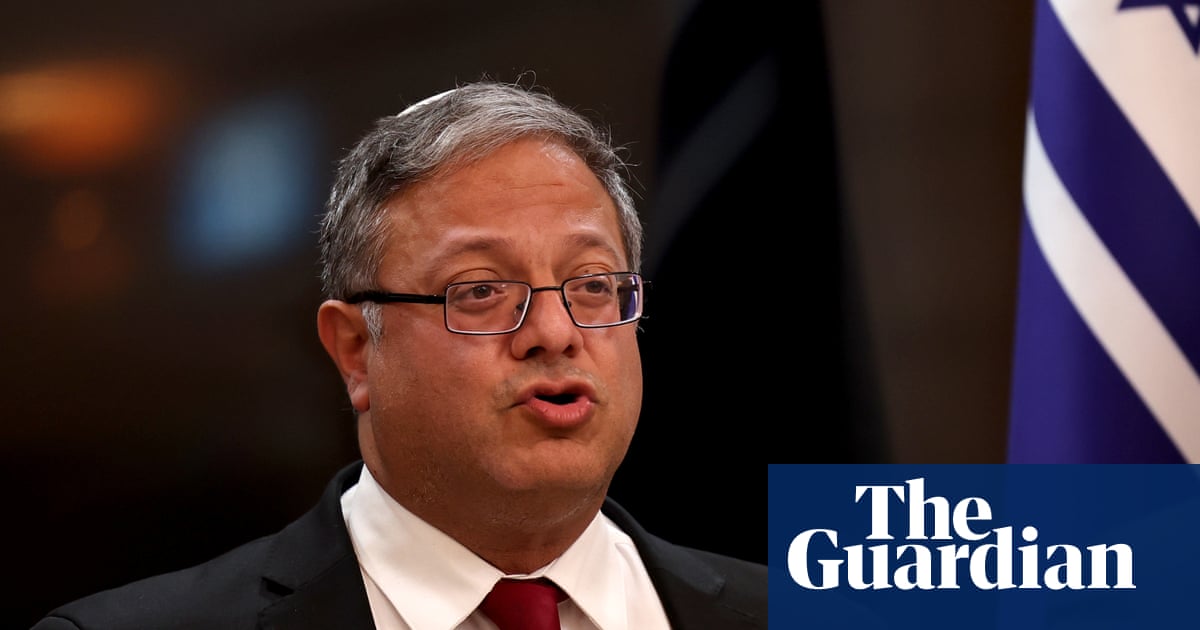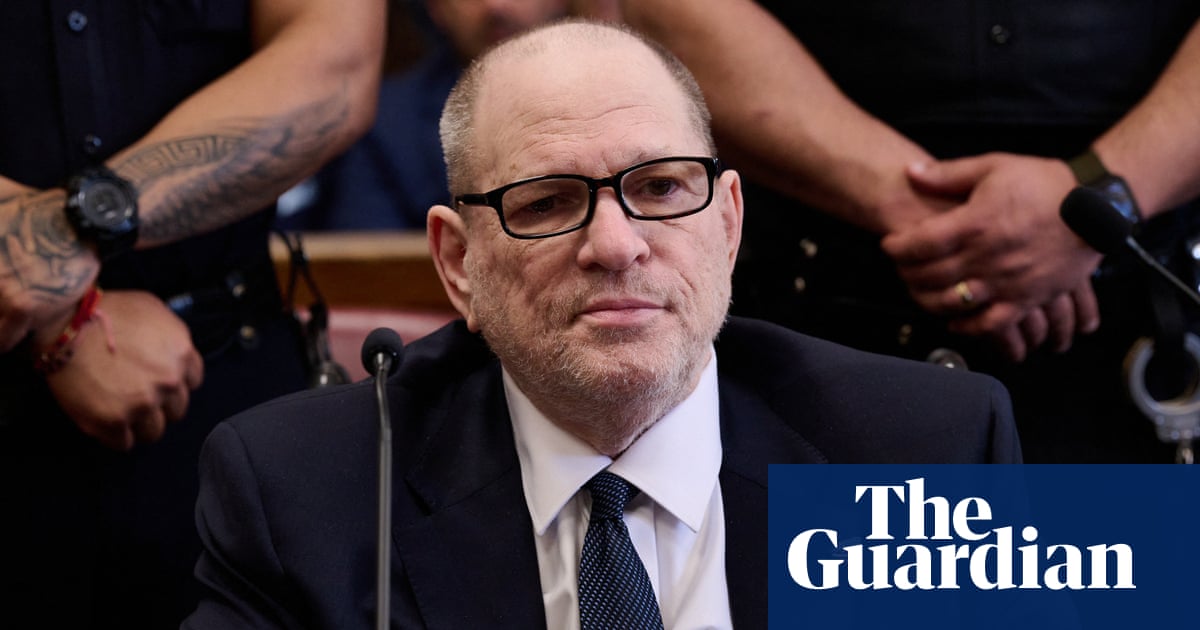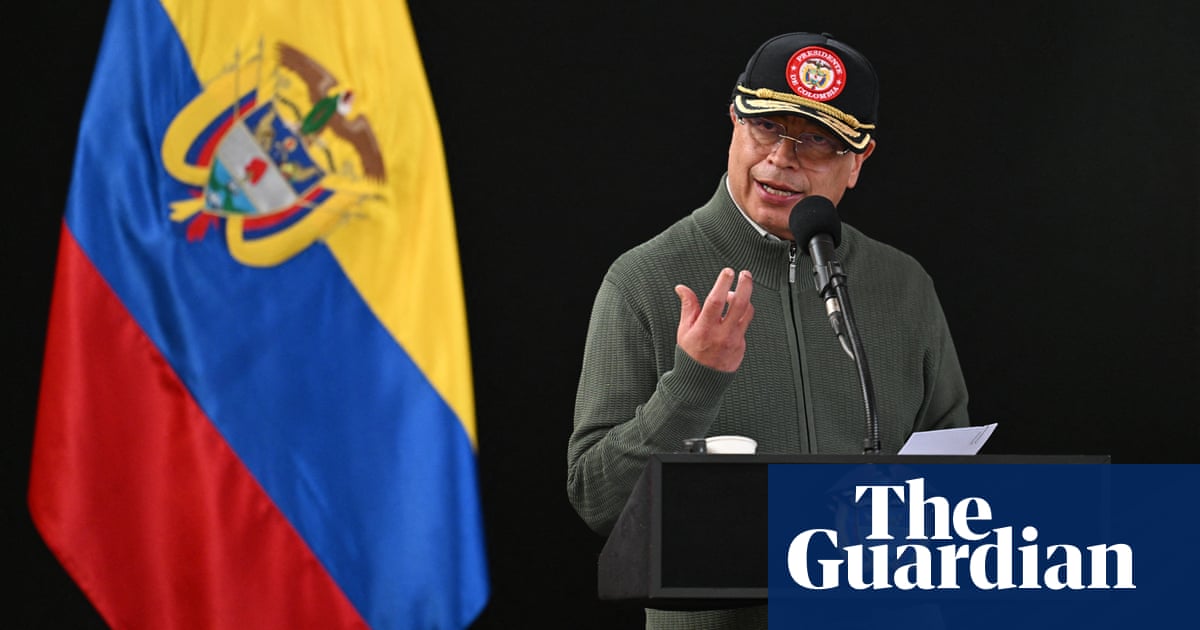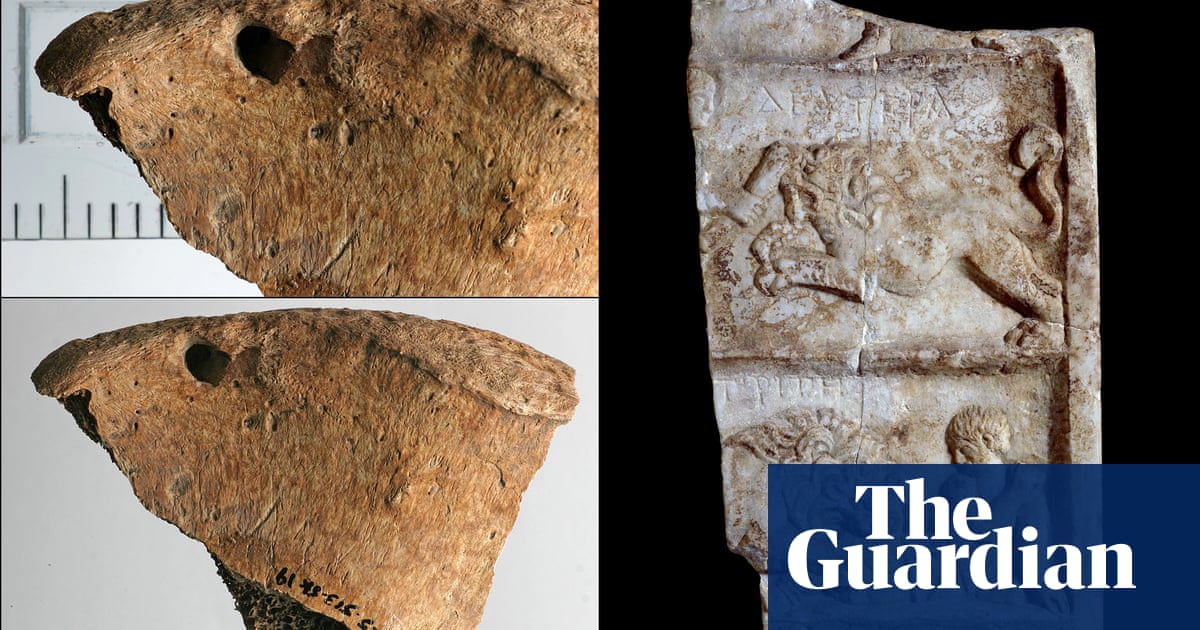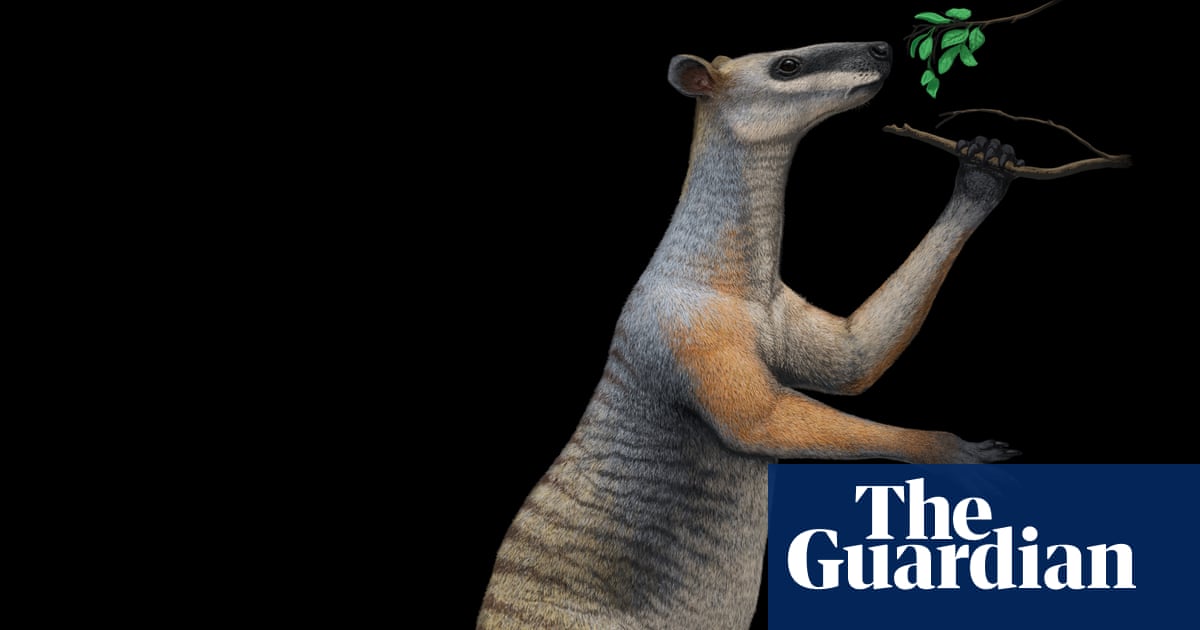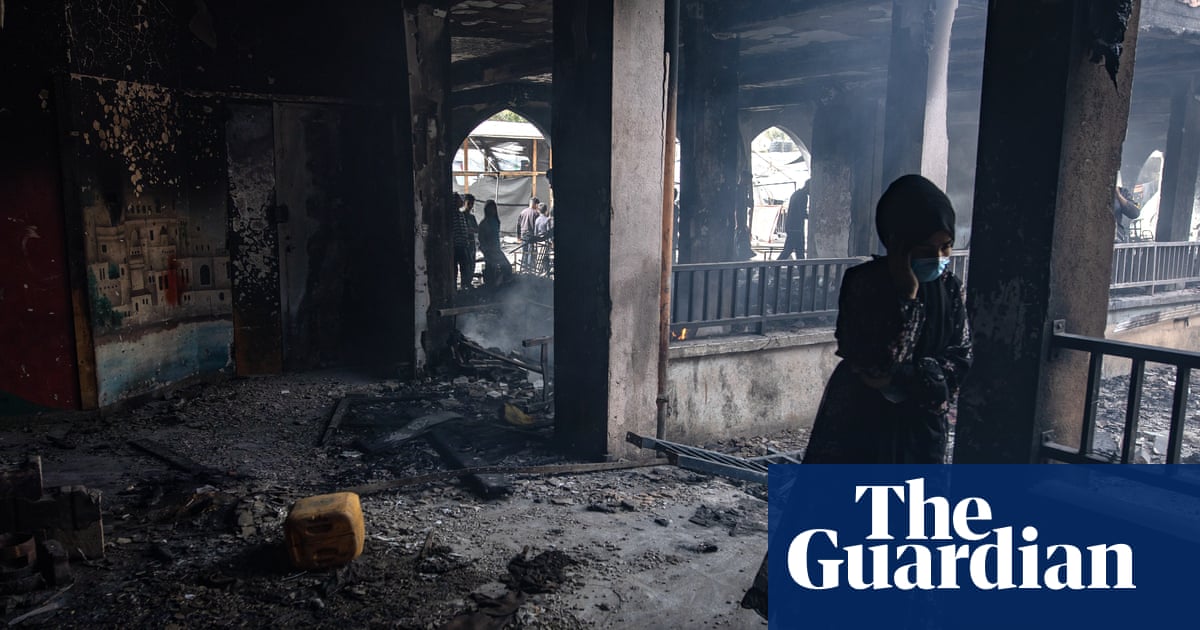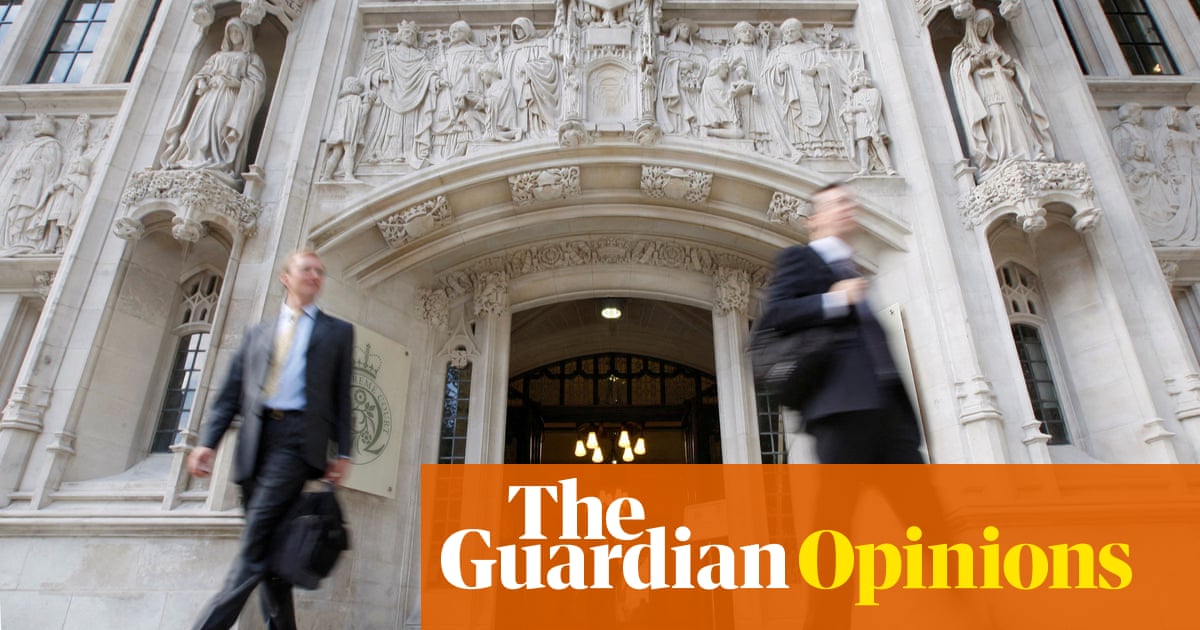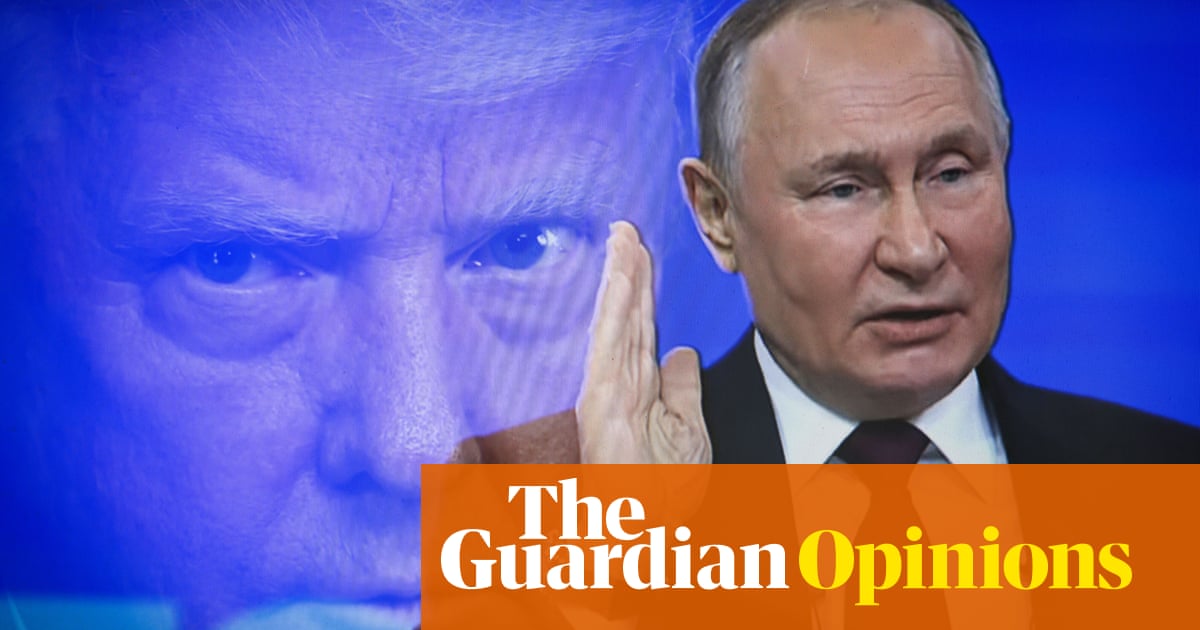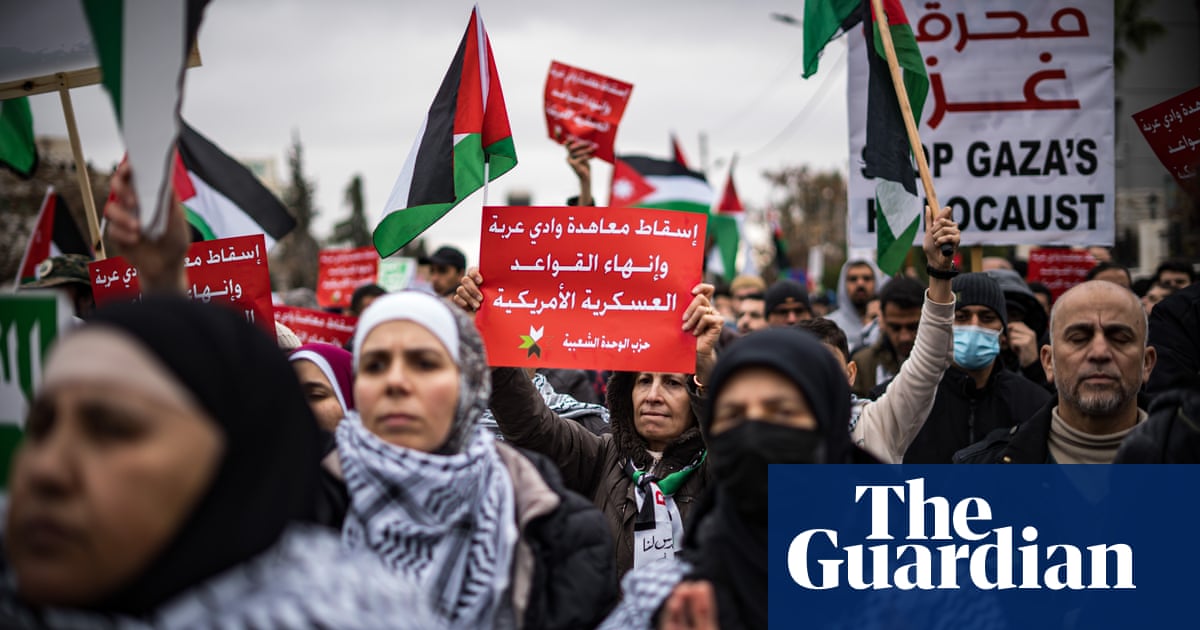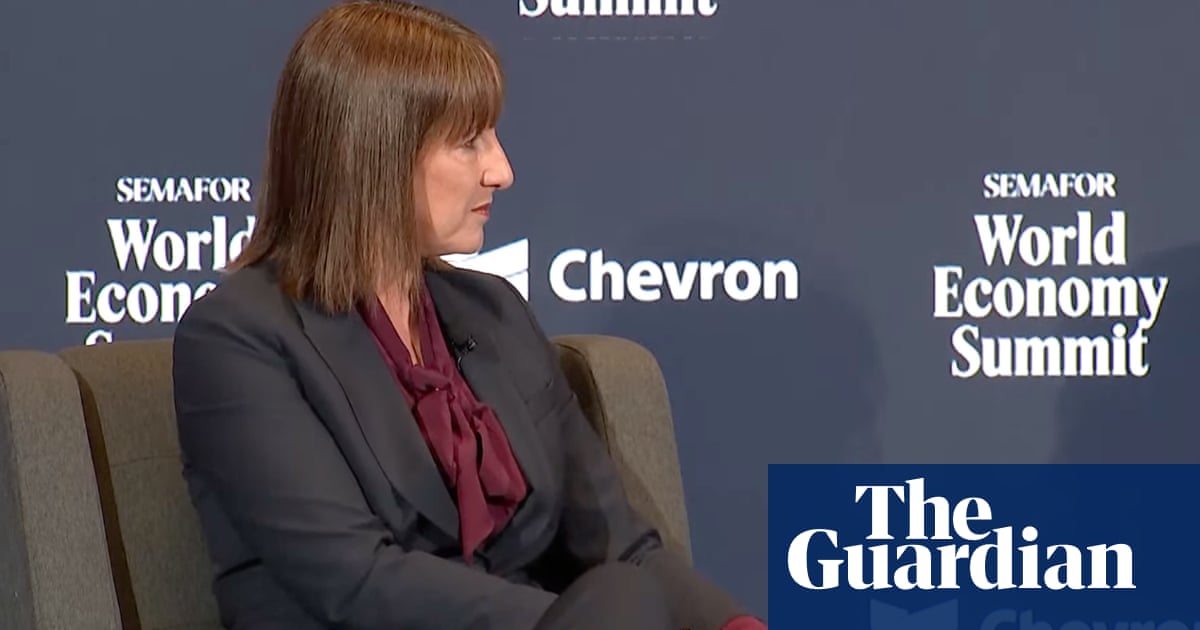The brutal militant attack that killed 26 people in one of Kashmir’s most scenic spots has shattered the region’s relative calm, turning a popular tourist destination into a scene of horror – and sparking fears of a fresh conflict between nuclear-armed rivals India and Pakistan.
Soon after the attack in which gunmen emerged from dense pine woods and opened fire on families picnicking and riding ponies, India’s defence minister, Rajnath Singh, vowed a “loud and clear response”.
A little-known outfit called the Resistance Front claimed responsibility for the attack, but India believes the group to be a proxy for the Lashkar-e-Taiba terror group or another Pakistan-based faction. Pakistan denies backing insurgents, but says it supports Kashmiri calls for self-determination.
The massacre has reignited tensions between the two neighbours, which have fought three wars over the disputed Muslim-majority territory and come close to conflict several times.
An Indian security analyst who asked not to be named said the attack came a week after Pakistan’s army chief, Gen Asim Munir, described Kashmir as Pakistan’s “jugular” and promised not to “leave our Kashmiri brothers in their heroic struggle”.
“This is a very pivotal moment for the region. We have two nuclear-armed neighbours staring at each other,” said the US foreign policy author and South Asia expert Michael Kugelman. “All bets could be off.”
Among its first retaliatory moves, India announced the expulsion of the Pakistan high commission’s defence, navy and air advisers; the closure of a critical border trading point; and – for the first time – the suspension of the landmark Indus waters treaty.
The treaty governs the shared waters of one of the world’s biggest river systems that affects millions of lives in both countries, and India has never previously put the deal “in abeyance” – even in times of open conflict between the two neighbours.
But if the terrorists hoped the assault would win support from Kashmiris or revive separatist sentiment, they miscalculated: more than a dozen Kashmiri groups staged a complete shutdown of stores and businesses to mourn the victims, while locals held protest marches chanting: “Tourists are our lives.”
“Kashmiris are genuinely appalled,” said Siddiq Wahid, a professor in the department of international relations at Shiv Nadar University.
Militant violence has plagued Kashmir, claimed by both Hindu-majority India and Islamic Pakistan, since an anti-Indian insurgency began in 1989.
Thousands have been killed, although violence has tapered off in recent years.
In a controversial 2019 move, Indian prime minister Narendra Modi’s government revoked Jammu and Kashmir’s semi-autonomous constitutional status, splitting the state into two federally governed territories. The government, known for its embrace of a Hindu-first political agenda, also allowed non-local land ownership to further integrate Kashmir with the rest of India.
The security clampdown reduced militant activity and tourism surged – a record 3.5 million people visited the Kashmir valley in 2024. Modi has framed Kashmir’s “normalisation” as a political triumph, saying firm action resolved the separatist issue and made the snow-capped, lush region “open for business”, although there is some local resentment at the heavy militarisation.
“Unfortunately, this attack punctures the government’s narrative that things are ‘normal’,” said another Indian security analyst who also requested anonymity.
Modi’s swift return from an official visit to Saudi Arabia signals the government’s determination to respond. Pressure is mounting for a strong response to the daylight attack in a heavily militarised zone.
Delhi may opt for cross-border strikes, as it did after the 2019 Pulwama suicide bombing that killed 40 Indian paramilitary troops, analysts said.
But this time, the victims were not soldiers or security personnel, making the situation even more politically charged.
“India cannot twiddle its thumbs. Once the escalatory ladder is revved up, it can go out of hand,” said the security analyst. “You cannot read Modi, you can’t predict the man. He is very muscular,” he added.
What heightens the political dynamics of the Kashmir attack is the timing – during a high-level US visit. The US vice- president, JD Vance, on his first official trip to India, emphasised strengthening defence ties and praised India as a strategic partner.
In 2002, India and Pakistan came very close to full-scale war after a terrorist attack on the Indian parliament that New Delhi blamed on Pakistan-based militant groups. The US played a key diplomatic role in de-escalating the crisis.
“The messaging we are seeing from senior officials points to the US being fully behind India – and that it would not stand in the way of how India will respond,” Kugelman said.

.png) 4 hours ago
3
4 hours ago
3


